Yom Kippur: The Day of Atonement
Yom Kippur, the holiest day of the Jewish year, follows Rosh Hashanah and concludes the Ten Days of Repentance. Known as the Day of Atonement, it is a solemn day dedicated to reflection, repentance, and spiritual cleansing.
The Purpose of Yom Kippur
Yom Kippur provides an opportunity to:
Atonement: Seek forgiveness from God for wrongs committed over the past year.Reconciliation: Mend relationships with others and with oneself.Spiritual Renewal: Begin the new year with a pure heart and clear conscience.
Fasting and Abstinence
Central to Yom Kippur is the 25-hour fast, abstaining from food and drink, as well as refraining from other physical comforts, such as bathing or wearing leather shoes. The fast focuses the mind on prayer, self-examination, and humility.
Prayer and Confession
Synagogue services feature the Vidui (confession), a communal and personal acknowledgment of sins, and the Neilah, the closing prayer that marks the final moments of the day. The shofar is sounded at the end of Yom Kippur, symbolizing renewal, liberation, and spiritual awakening.
Reflection and Teshuvah
Yom Kippur emphasizes teshuvah (returning): a sincere process of introspection, regret for past mistakes, and commitment to positive change. It is a day of deep personal accountability, but also of hope — a reminder that transformation is always possible.
A Day of Holiness and Community
Though solemn, Yom Kippur is a time of intense spiritual connection with God and the community. It unites Jews worldwide in shared reflection, prayer, and commitment to live with greater integrity in the year ahead.
Yom Kippur is not only about atonement — it is about renewal, moral growth, and embracing a fresh start for the soul.
By Greg Bouwer


